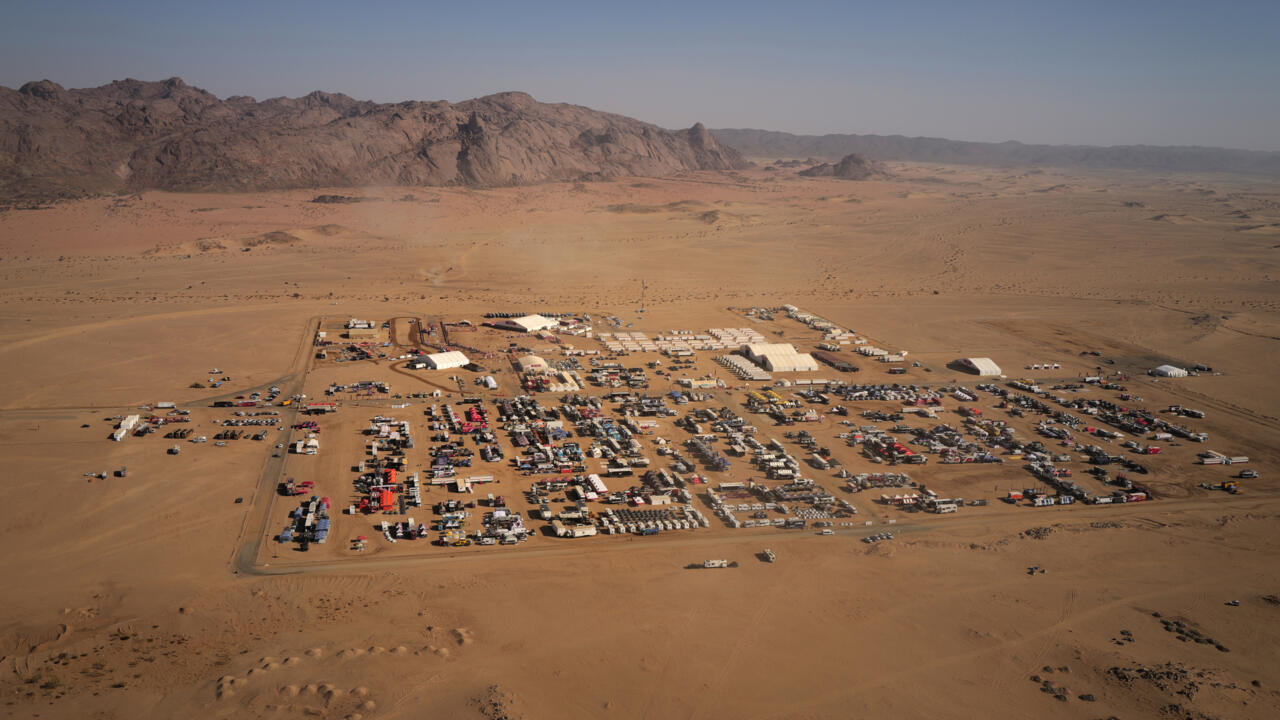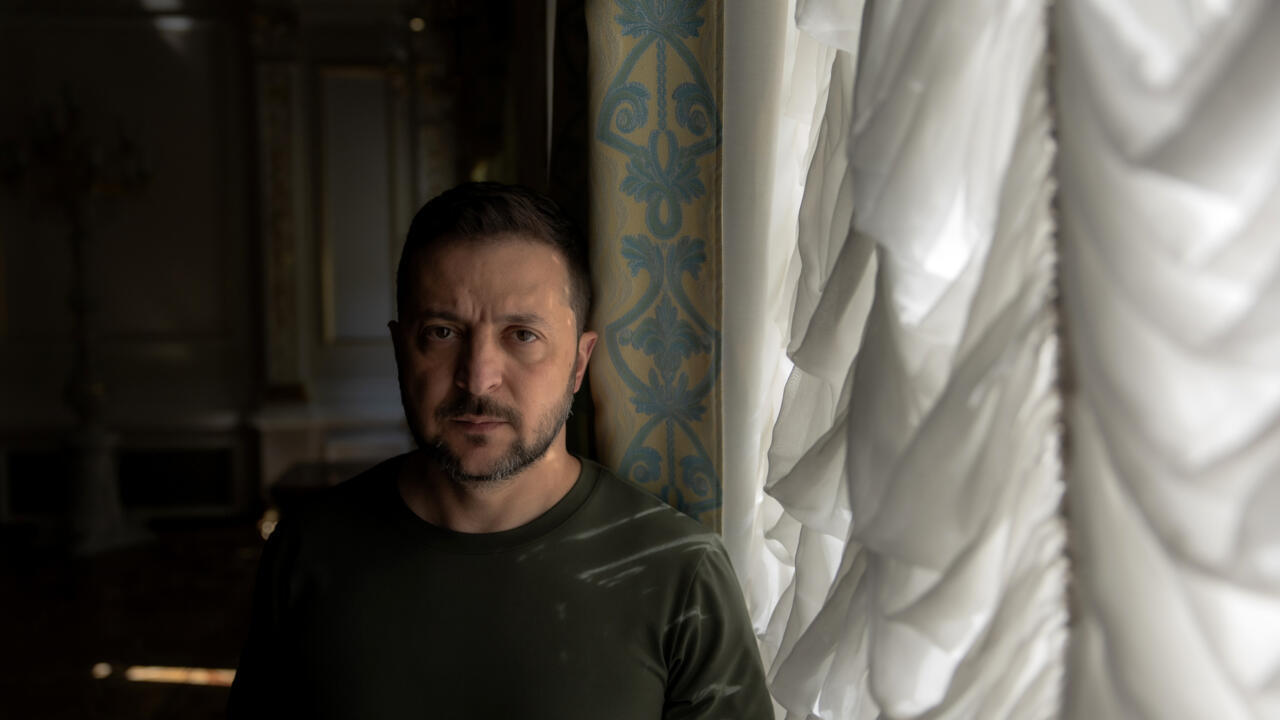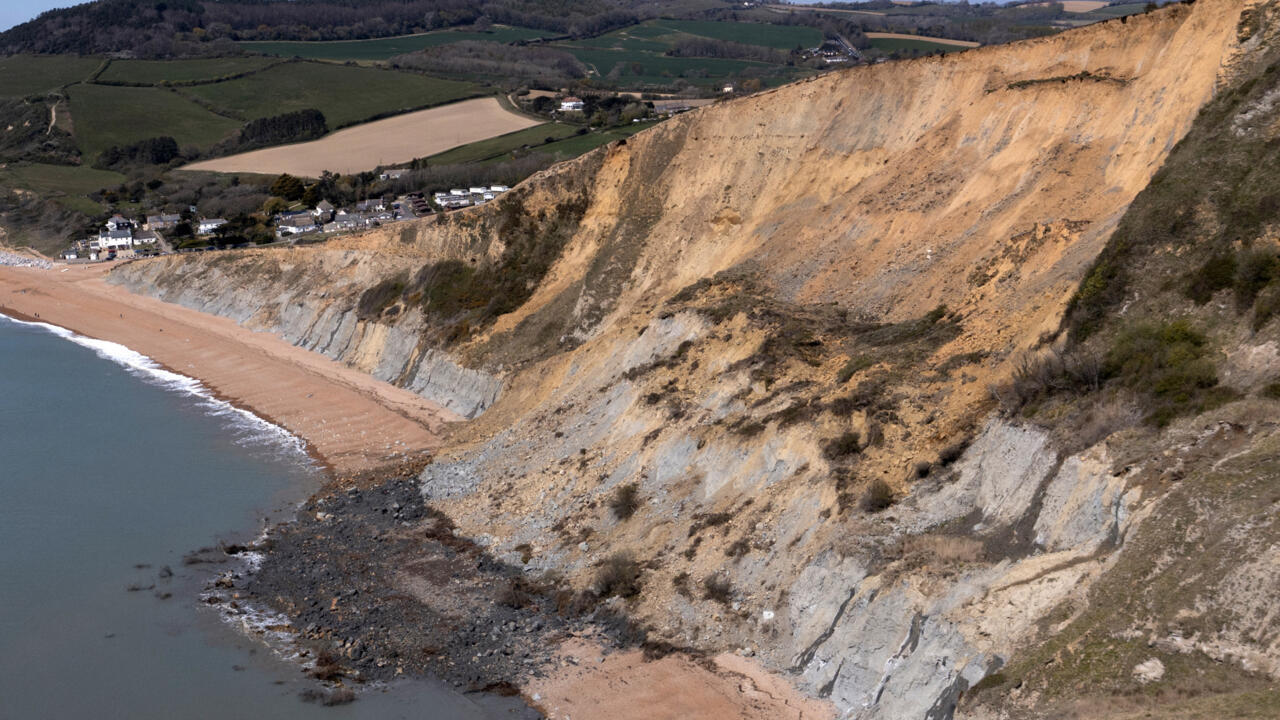It’s a whole self-contained little world far from the cities which has to be transported throughout the 12 stages.
“The basic mission of logistics is to put in place the people and resources so that each service, customer and competitor can operate and experience their event in the best possible conditions,” Guillaume Kleszcz, logistics director for the ASO organisation, told AFP.
On each Dakar, the organisers have to provide around 10 bivouacs like this one, which follow the competitors as they make their way across the Arabian Peninsula, where the competition has pitched its tent since 2020.
Almost every day, a new mini-city will have to be created from scratch in the midst of sand and stones.
In duplicate
“Each site takes around 10 days to set up,” says Arnaud Calestroupat, Dakar logistics manager. “First we level the ground, then we install the structures, the electrics.”
As far as possible, the logisticians duplicate what they can to get as far ahead as possible in the assembly.
For example, there are two copies of the race control centre. The one used in bivouac 1 goes directly to bivouac 3 with the one in bivouac 2 sent in advance to bivouac 4, and so on.
Similarly, the catering tent, which will serve up in the region of 100,000 meals over the duration of the rally, will be available in four different versions, which will alternate with each other.
Thanks to these rotations, the organisers are almost two bivouacs ahead of the race.






